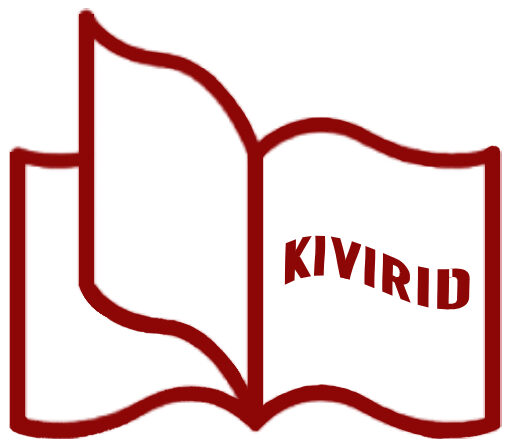Satheesh Selvaraj ab, Ankush Chauhan ab, Ritesh Verma c, Vishal Dutta d, Garima Rana e, Rohit Duglet f, Rajasekaran Subbarayan g, Khalid Mujasam Batoo h
Abstract
Hepatocellular carcinomas (HCCs) account for over 90% of all liver malignancies, making chemotherapy and immunotherapy the preferred treatment routes. Hepatocellular carcinoma originates from pre-existing liver conditions, including infectious hepatitis, alcohol use disorder, and metabolic syndrome. In comparison to systemic chemotherapy, localised chemotherapy offers the advantage of minimising side effects by the focused delivery of chemotherapy medicines precisely to the location of the tumor. This underscores the significance of the utilisation of controlled drug releasing degrading hydrogels as routes of administration for chemotherapy medications due to their excellent biocompatibility and remaining substance. The present review discusses the recent approaches for the utilisation of degrading hydrogels as drug delivery system for hepatocellular carcinoma (HCC). It encompasses the types of degrading hydrogels, including thermosensitive, pH-sensitive, light-sensitive, dual-sensitive, as well as glutathione-responsive hydrogels for hepatocellular carcinoma (HCC) applications. In comparison to traditional systemic treatment such as chemotherapy, hydrogel-based drug administration techniques have shown enhanced efficacy in the treatment of cancer.
Cite this article:
Selvaraj S, Chauhan A, Verma R, Dutta V, Rana G, Duglet R, Subbarayan R, Batoo KM. Role of degrading hydrogels in hepatocellular carcinoma drug delivery applications: A review. Journal of Drug Delivery Science and Technology. 2024 Apr 4:105628.
